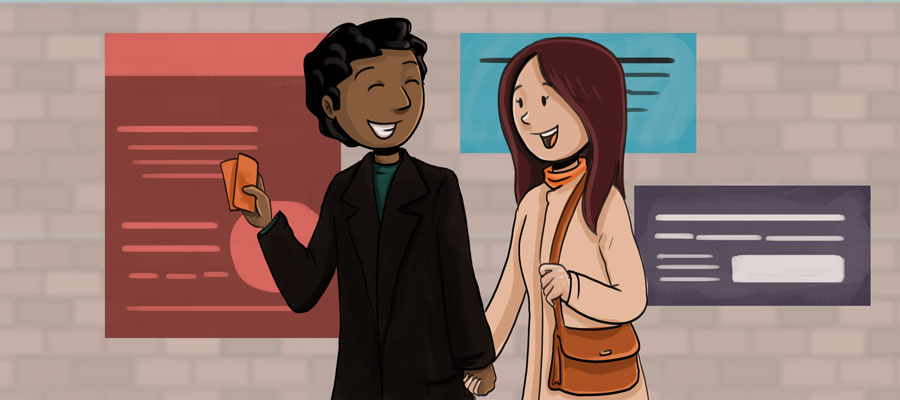FORMAL AND POLITE : WOULD LIKE ( TO)

In English, we use Would like to make offers, invitations and requests politely or more formally. Look at the chart that shows the two forms used with this structure with objects and actions.
WITH
Objects
Actions
POSITIVE
I would like a can of soda. I’m thirsty.
NEGATIVE
QUESTION
SHORT ANSWER
No, I wouldn’t. Thank you.
No, I wouldn’t like to.
The contractions for positive and negative sentences are:
I would like = I’d like
I would not like = I wouldn’t
When making invitations, requests or offers to do an action we use to after like. I’d like to buy that red dress.
My mother would like to get a round- trip ticket, please.
Would you like to watch a movie on Netflix tonight?
INFORMAL: LET’S
USES
Let’s is used to express suggestions, offers or informal invitations which include ourselves.
There are two negative forms of let’s: let’s not and don’t let’s. Let’s not is more common:
We can use the full forms let us, let us not and do not let us in very formal situations such as political documents and speeches, and religious and other ceremonies:
EXAMPLES
B: Okay. We’re all ready. Let’s go.
Let’s is the short form of Let us ( used in very formal situations)
Es Listen to the conversations and complete the dialogues with the words you hear.
Escucha las conversaciones y completa los diálogos con las palabras que escuches.


